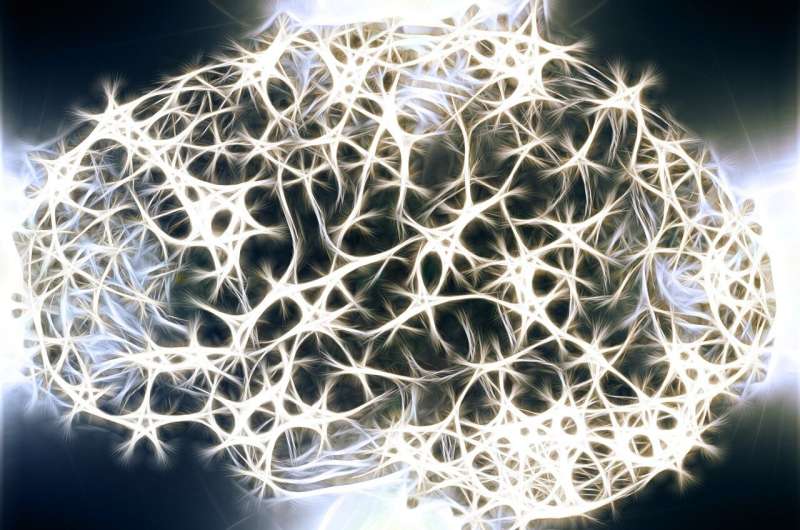Neurons Responsible for Map-Making Change Even in Unchanged Familiar Environments

New research shows that neurons involved in spatial navigation in the brain change activity even when navigating familiar environments, revealing the brain's dynamic internal map system. This discovery has broad implications for understanding memory, learning, and aging.
Recent research from Northwestern University reveals that the brain's internal GPS, used for spatial navigation, is more dynamic than previously believed. Neurobiologists have discovered that even when individuals navigate a familiar environment where conditions remain constant, the neurons involved in creating mental maps continually change. This finding emerged from experiments showing that, despite identical paths and sensory inputs, the specific neurons activated each time differ. Such results challenge the longstanding idea that hippocampal neurons encode fixed spatial memories. Instead, the brain appears to maintain a flexible and ever-evolving internal representation of familiar surroundings.
The study employed advanced virtual reality systems that precisely controlled visual and olfactory cues, aiming to eliminate environmental variables. Mice navigating a virtual maze demonstrated that neuronal activity drifted across sessions, even under consistent sensory inputs. Interestingly, neurons that were more excitable tended to preserve their activation patterns, suggesting a potential link between neuron excitability and memory stability. This phenomenon could also explain age-related memory decline, as neuronal excitability diminishes over time.
Furthermore, the research proposes that the brain might deliberately alter neural representations to encode experiences occurring at different times, thus preventing redundancy in memory storage. These insights enhance our understanding of hippocampal function and could have implications for aging, learning, and memory processes, illustrating the brain’s remarkable capacity for adaptability.
The findings are published in Nature and contribute significantly to the ongoing debate about how the brain encodes spatial and episodic memories, emphasizing the importance of neuronal flexibility in cognitive functions.
Stay Updated with Mia's Feed
Get the latest health & wellness insights delivered straight to your inbox.
Related Articles
Scientists Discover Protein That Enables Liver Cancer to Survive Heat Treatment
Research identifies Galectin-1 as a key protein that helps liver cancer resist heat-based treatments, opening new avenues for improving ablation efficacy and reducing recurrence in liver cancer patients.
Exploring the Surprising Role of Protein Aggregates in Brain Disease
New research uncovers how protein aggregates disrupt RNA processing in neurodegenerative diseases caused by GGC repeat expansions, offering promising therapeutic targets.
Exploring the Link Between Sleep-Related Leg Movements and Diabetes Risk
New research explores the connection between sleep-related leg movements and increased risk of developing diabetes, highlighting a potential new factor in chronic disease prevention.
Enhanced Infant Attention When Combining Words, Gestures, and Spatial Language, Study Finds
New research shows that babies pay longer attention when parents combine words, spatial language, and gestures, supporting early cognitive development.



